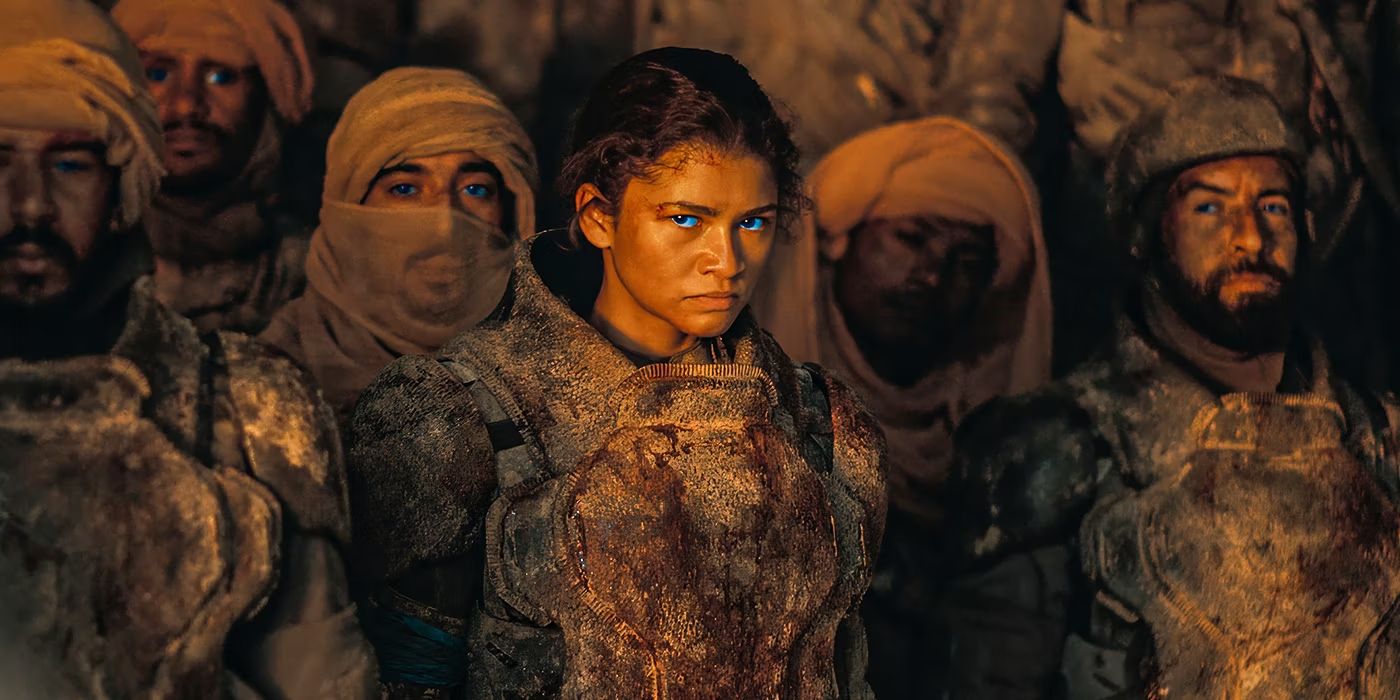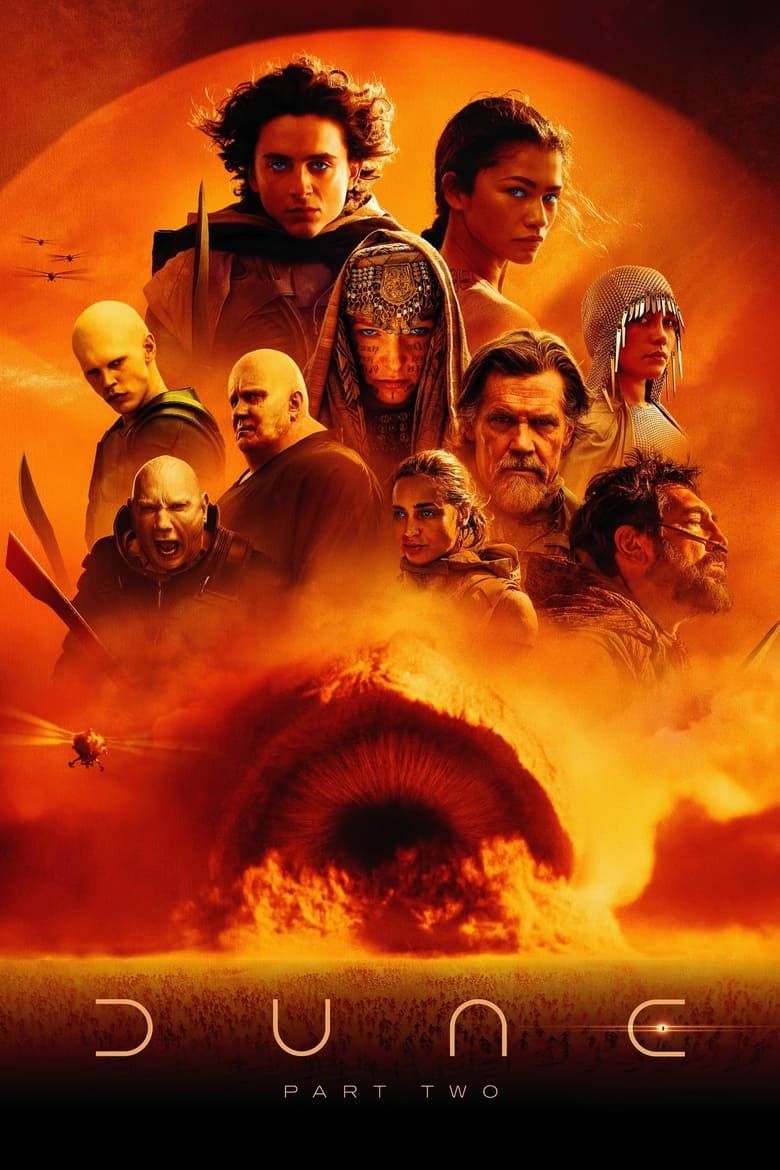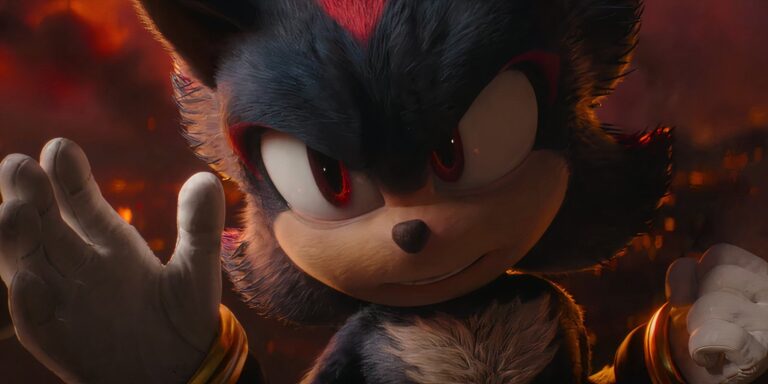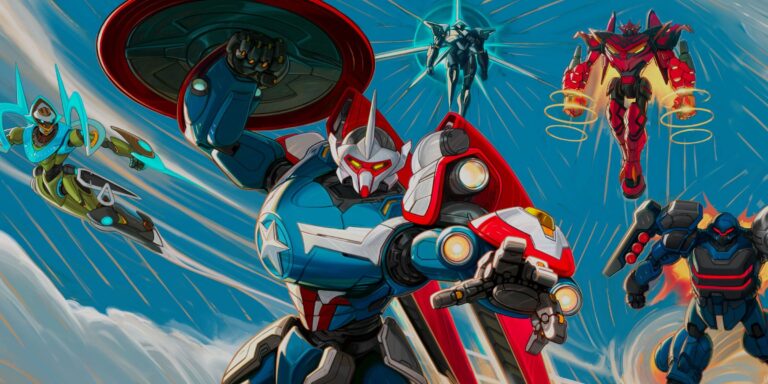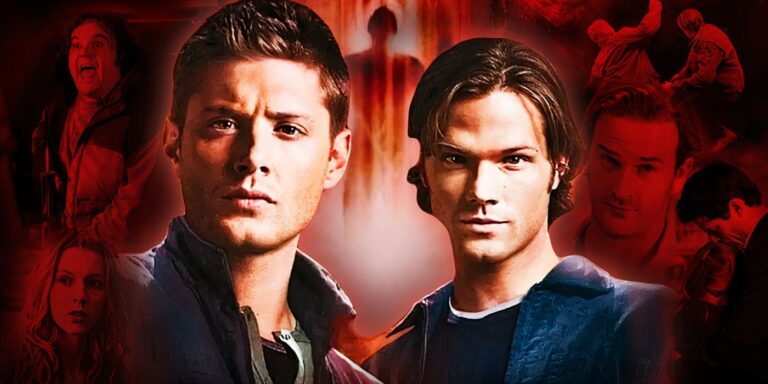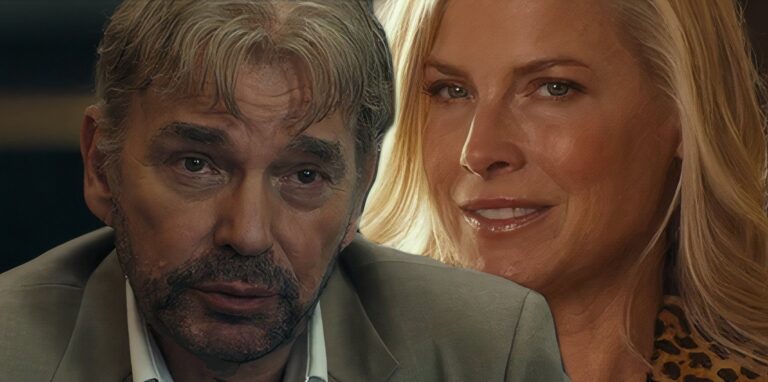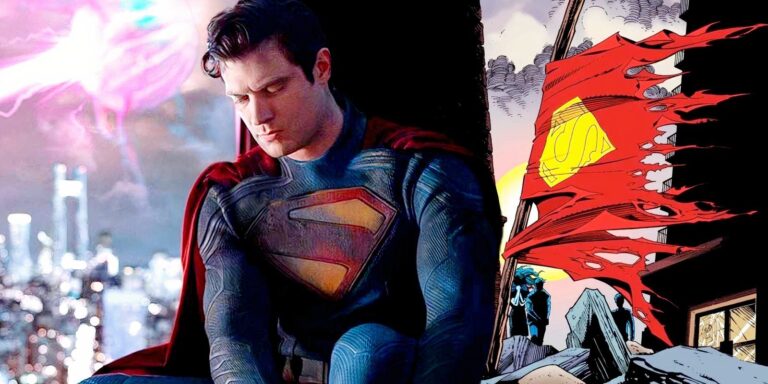Denis Villeneuve reflects on one of his favorite Dune: Part Two shots. Dune: Part Two was wildly successful, grossing over $700 million worldwide to surpass the earnings of its predecessor and become the fourth highest-grossing movie of 2024. The movie was the second half of Villeneuve’s adaptation of Frank Herbert’s legendary sci-fi novel, tracking the rise of Paul Atreides (Timothée Chalamet) on the planet of Arrakis. Among the film’s many standout moments, one shot in particular helped Villeneuve achieve his specific vision.
Speaking with GamesRadar+, Villeneuve talked about the significance of the final shot of Dune: Part Two and how it encapsulates the essence of Herbert’s work. He described it as “one of my favorite shots,” revealing how it shaped the film’s message. He explained that this shot, centered on Chani (Zendaya), embodies the themes of the story and serves as a pivotal moment that shifts the audience’s perception of Paul. In his own words:
It’s one of my favorite shots.
I did that shot and knew I had a movie.
The idea was there right at the start when we started to write this adaptation. It all came from the knowledge that Frank Herbert was disappointed by the way some people perceived the first book, thinking that it was a celebration of Paul Atreides. Herbert himself wanted to correct this perception, because he wanted it to be a warning about messianic figures, charismatic figures, people who use religion as a form of power. So, he wrote a second book called Dune Messiah.Knowing that, we tried to respect his early ideas of doing a cautionary tale, making sure that this will be perceived by the audience. We had this idea of transforming Chani. In the book she’s in the shadow of Paul, but we wanted to give Chani her own agenda here, her own beliefs, her own tale. She has a different view of the world from Paul. So, the movie was structured around their relationship, then at the start of the third act we embrace Chani’s perspective more. And from her perspective, we can see where Paul deviates from his path, becoming something he was afraid to become. She becomes our moral compass.
It was therefore very important to finish the movie on Chani
as that’s our angle, our take.
What This Means For Dune: Part Two
Reframing Paul And Elevating Chani’s Role
When adapting Herbert’s cautionary tale, Villeneuve made the decision to shift the narrative to reflect a more balanced perspective. While Paul remains vital to the plot, Dune: Part Two positions Chani as a crucial moral compass, particularly in the third act. Villeneuve’s decision to focus on Chani and redefine the ending of the second movie is an example of how adaptations can honor the deeper themes of their source material in a significant way. By framing the story through Chani’s eyes, Villeneuve not only gives her a more dynamic role but also encourages viewers to reassess their opinions of Paul.
This artistic decision brings forth Herbert’s original intention of portraying Paul as a flawed, cautionary figure, rather than a glorified hero. By making Chani the lens through which the audience experiences the ending of Dune: Part Two, the film is able to use her unique perspective to highlight Paul’s transformation into the figure he once feared becoming. This approach enhances the complexity of the characters and shows the director’s dedication to creating a thoughtful and faithful adaptation of Herbert’s novels.
Our Take On Villeneuve’s Vision
A Successful Decision
Villeneuve’s ability to reinterpret Herbert’s work while remaining true to its core message showcases his mastery as a filmmaker. His emphasis on Chani’s perspective not only revitalizes her character but also brings light to the dangers of blindly following messianic figures. This move strengthens the story’s impact and demonstrates Villeneuve’s commitment to challenging the audience’s expectations.
The climactic shot Villeneuve refers to as a defining moment in Dune: Part Two is more than just visually appealing, it encapsulates the themes of power, transformation, and morality that are central to Herbert’s novels. By highlighting these elements, Villeneuve ensures that the Dune films honor their origins while standing out on its own as a masterful film saga that encapsulates the powerful cautionary tales that Herbert wrote, and that are so vital today.
Source: GamesRadar+
